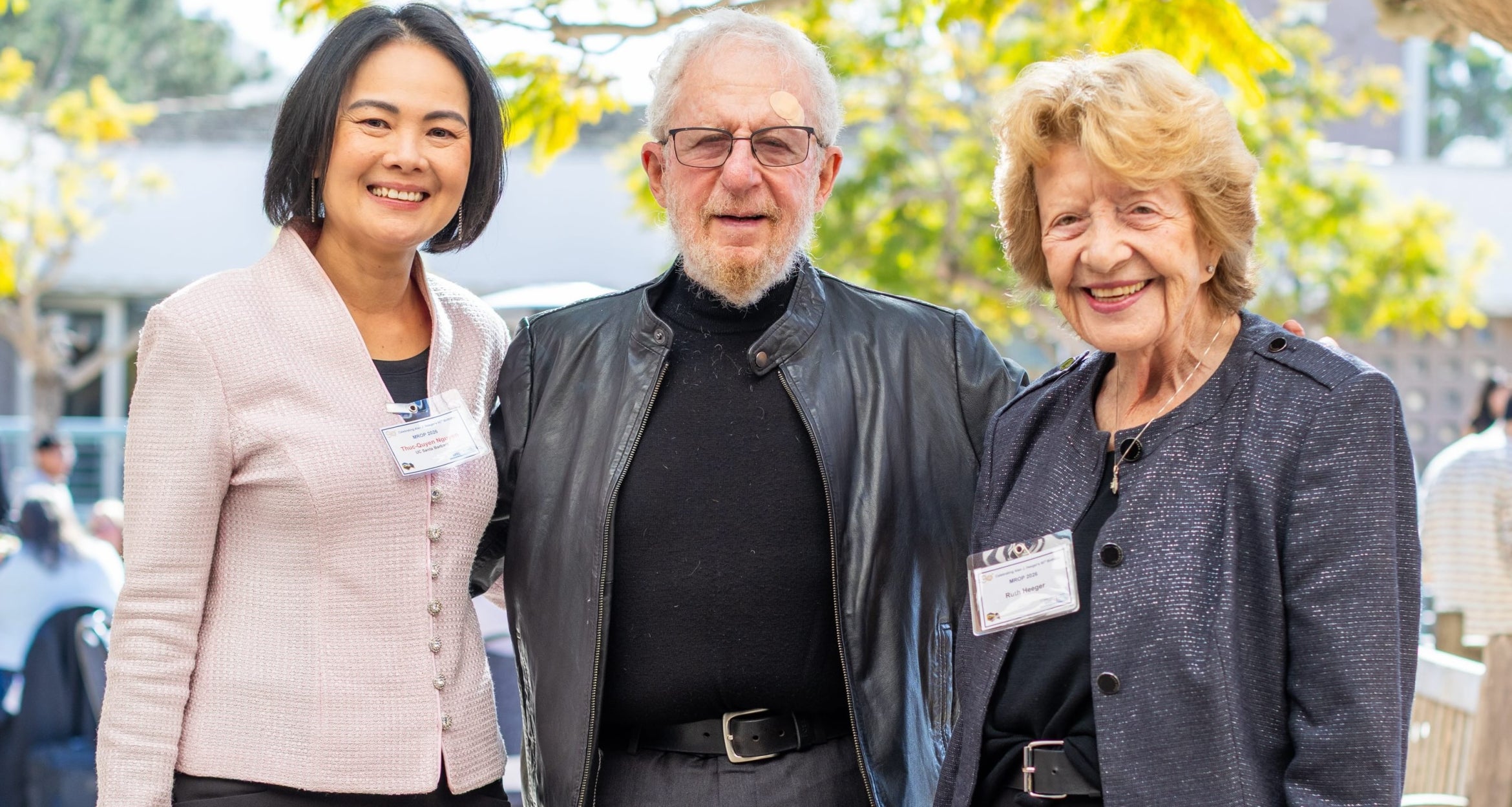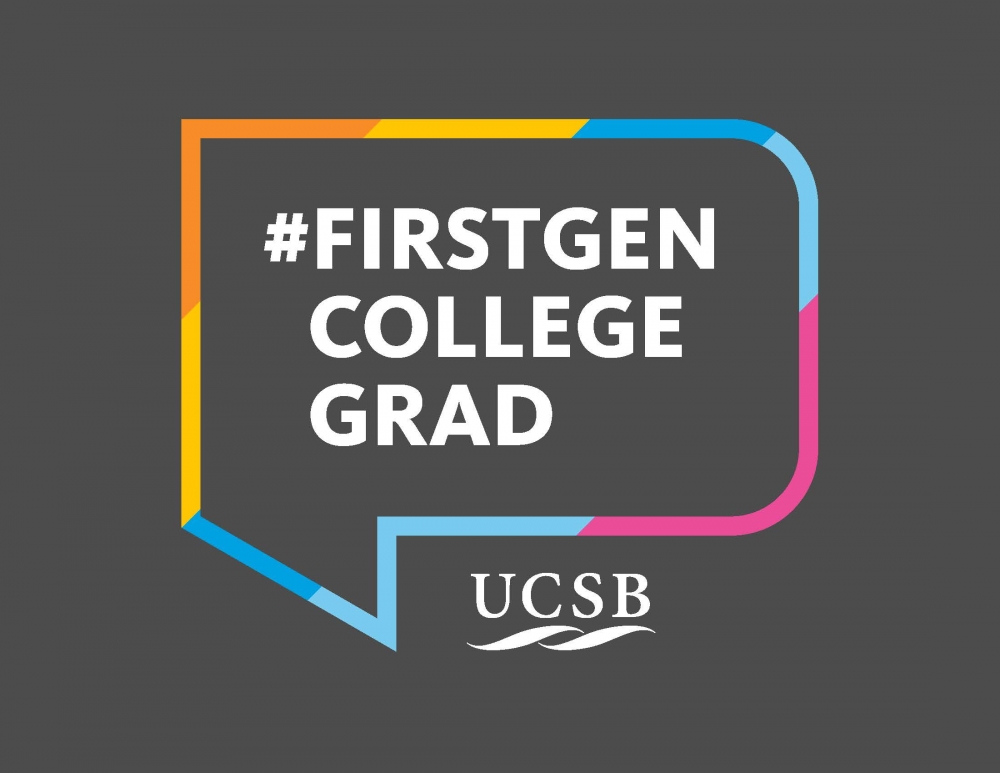
Kindred Spirits
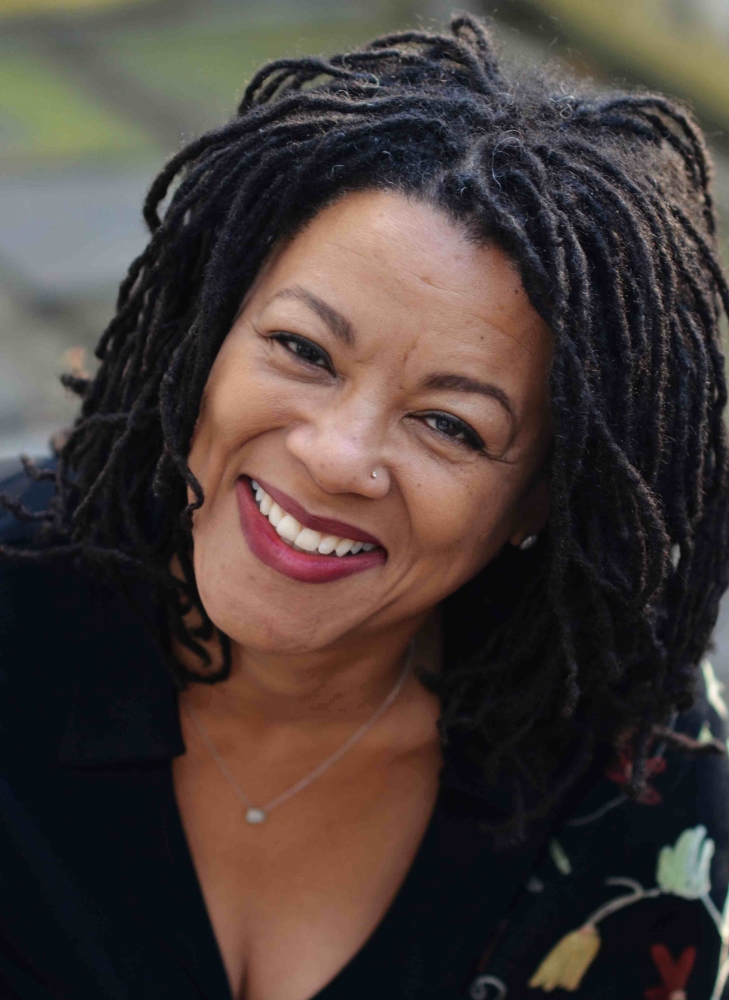
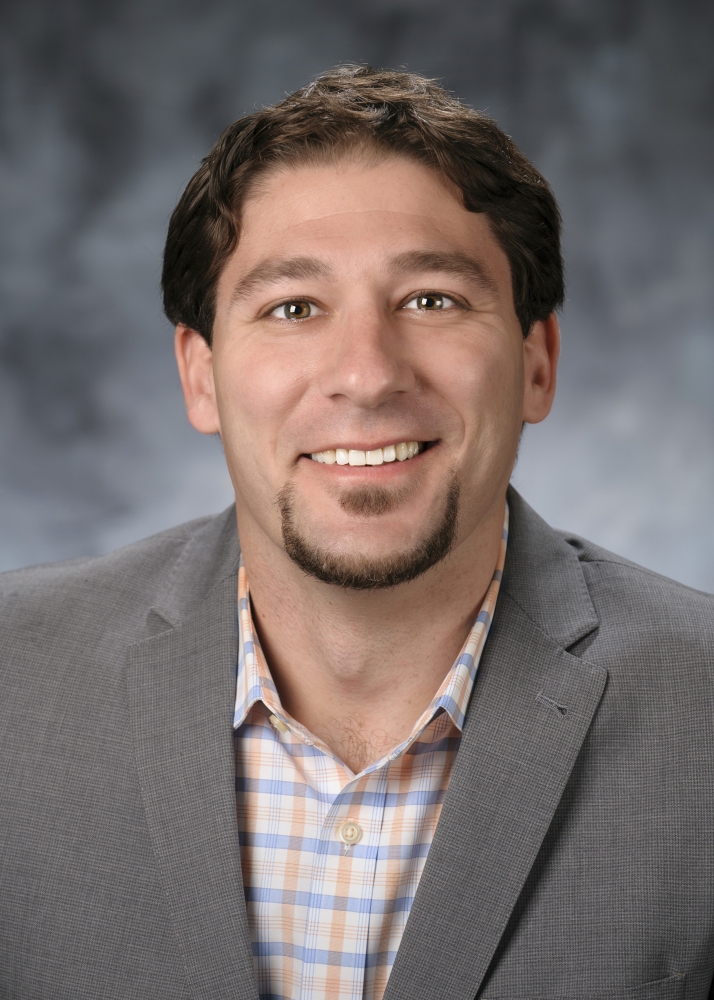
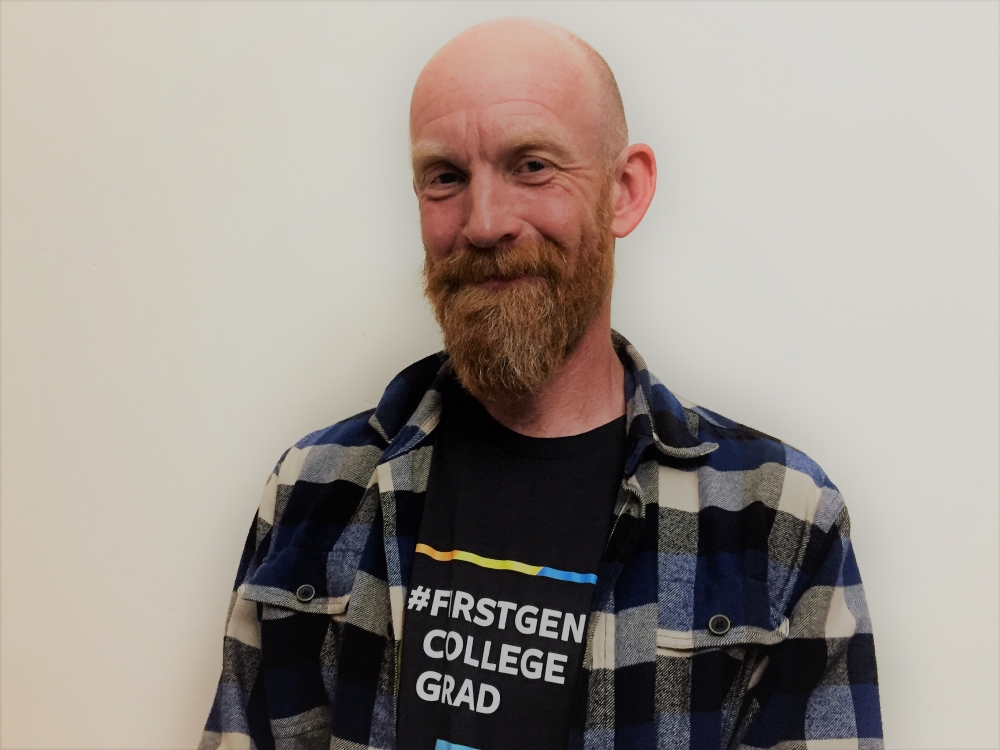
UC Santa Barbara students who are first in their families to pursue a four-year college degree — roughly 42 percent of undergraduates — should focus on one objective: “Go all-in.”
So says UCSB professor Vilna Bashi Treitler, who has been down the same path. “Don’t waste your money or time,” she continued. “If you’re going to try college, give it your very best effort.”
She knows what she’s talking about. For Treitler, college was salvation. “I was driven to get out of my household. I somehow knew that my new life was at the end of the tunnel called college,” she said. “The way that food, clothing, shelter happen because one has a job — that’s how I thought about a better life and college. One cannot happen without the other, in the way I looked at things then. And, it turns out, I was right. It did lead me to a much better life.”
Chair of the Department of Black Studies, Treitler is among dozens of UCSB faculty members, who also were first-generation college students — coming from families in which neither parent graduated from a four-year college or university. They are part of the First Generation Faculty Initiative, a mentorship program designed to bring together first-generation students and faculty members. The program is rooted in the idea that students are more comfortable opening up to professors with a similar background.
Research has shown that a student’s sense of belonging can be a greater predictor of academic success than family income, SAT score or high school grade point average. With that in mind, a friendly faculty member can significantly help a student get over the daunting transition to college, noted John Latto, associate dean of undergraduate education in UCSB’s College of Letters and Science and coordinator of the campus’ First Generation Faculty Initiative. “Being unaware of opportunities and being reluctant to reach out for help are two of the issues I hear again and again,” Latto said. “Faculty members may not have all the answers but they can help direct students to the resources that can help.”
About 50 faculty members — nearly 4 percent of the total number at UCSB — fall into the first-generation category. Among those is Jonathan Klamkin, associate professor in electrical and computer engineering. Like Treitler, he reflected on the seriousness of attending a “top tier” institution like UCSB.
He noted that a university education can be expensive and students need to be prudent when taking out loans. “My message to first-generation students is: We are brought up in this country to believe we can be anything we desire,” he said. “You should want the best possible education, but try to balance this desire by getting the best possible education you can reasonably afford.”
Another piece of advice from Treitler: “Read the assigned material. Reading in the way that helps you succeed in college gets easier after a year or two of practice, but it never gets easier if you don’t work at it. And take advantage of your professors’ office hours. It seems scary at first, but that’s exactly where and how you get help. And they’re sitting there, just waiting for you.”
Emphasizing Treitler’s office tip, Joseph Blankholm, assistant professor in religious studies and also first-generation faculty member, added: “My biggest challenges were impostor syndrome and feeling like I was burdening faculty by taking up any of their time. I think I went to office hours twice my entire undergraduate career, and one of those times was for a TA. Some resources I discovered on my own, but many I only found out about years later. This is the kind of stuff that's in the air for students with family who've graduated.”
On a lighter side, Treitler encouraged students to embrace course requirements that are intended to make them well-rounded individuals. “Enjoy the exploration,” she said. “There will likely not be any other time in life where you’ll have the freedom to just explore knowledge for knowledge’s sake.”



